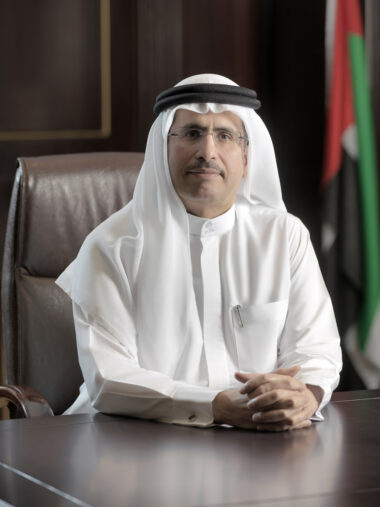MEDIA RELEASE
18 OCTOBER 2023
MUA PUSHES FOR GOVERNMENT FOCUS ON DECOMMISSIONING AND RECYCLING OF OFFSHORE OIL AND GAS INSTALLATIONS:
CIRCULARITY REPORT LAUNCHED ALONGSIDE MACQUARIE UNIVERSITY
With Australia on the cusp of a $60 billion opportunity in the task of removing and recycling our retired oil and gas infrastructure, at an event in Parliament House in Canberra today the Maritime Union of Australia (MUA) launched a major piece of academic work produced alongside Macquarie University’s Centre for Energy and Natural Resources Innovation and Transformation calling for a major shakeup of government policy and regulation of the dismantling, processing, recycling and disposal of offshore oil and gas infrastructure.
For many years, the MUA has been building the case for a new industry around the Australian coastline to decommission, remove and recycle offshore oil and gas infrastructure to unfold alongside the investment in and development of offshore renewable energy projects.
“Australian maritime workers built and maintained our offshore oil and gas industry throughout the latter decades of the 20th Century, and with our eyes set firmly on the need to decarbonise our economy and diversify our renewable energy supplies the MUA is advocating for a sustainable and clean withdrawal from offshore oil and gas that includes the comprehensive removal and recycling of the massive volume of disused offshore equipment,” said the Union’s Assistant National Secretary, Adrian Evans.
The report launched today, authored by Professor Tina Soliman-Hunter, focuses on the dismantling, processing, recycling and disposal of offshore oil and gas infrastructure – the necessary next step after structures are removed and come ashore.
“High standards onshore are essential to achieving excellent safety, economic and environmental outcomes offshore,” explained Prof Soliman-Hunter at the report’s launch.
With offshore oil and gas installations often beyond the horizon and therefore invisible to the community, many oil and gas companies with offshore projects at or near their end of life have spent many years trying to avoid their legal and ethical obligation to safely, cleanly and thoroughly remove their underwater and floating equipment – including well-heads, pipelines and riser turret moorings (RTMs).
“Every year we catch major oil and gas companies trying to abandon their offshore, underwater and floating infrastructure, often after deliberately ignoring routine maintenance tasks so that it becomes uneconomical or unsafe to properly remove them,” Mr Evans said.
The MUA and the Centre for Energy and Natural Resources Innovation and Transformation have examined Australia’s international legal obligations and domestic law pertaining to dismantling, processing, recycling and disposal of offshore oil and gas infrastructure, have identified gaps in the existing legal framework, analysed best practice in mature jurisdictions and international legal instruments, and provided a series of high-level recommendations for the development of effective government policy in Australia.
“Offshore energy projects have provided generations of members with rewarding and fulfilling work building and maintaining the infrastructure that powers our economy. That’s not going to change with the shift to offshore renewable projects, and as older oil and gas projects wind down and come offline we have a collective obligation to remove and dispose of these installations thoroughly and sustainably,” said MUA Assistant National Secretary, Mich-Elle Myers at the report launch.
ENDS
FULL REPORT AVAILABLE ONLINE HERE: BEST PRACTICE FOR DISMANTLING, RECYCLING, AND DISPOSAL OF OFFSHORE PETROLEUM STRUCTURES.PDF
Contact details:
Tom Harris-Brassil: 0401 834 924


